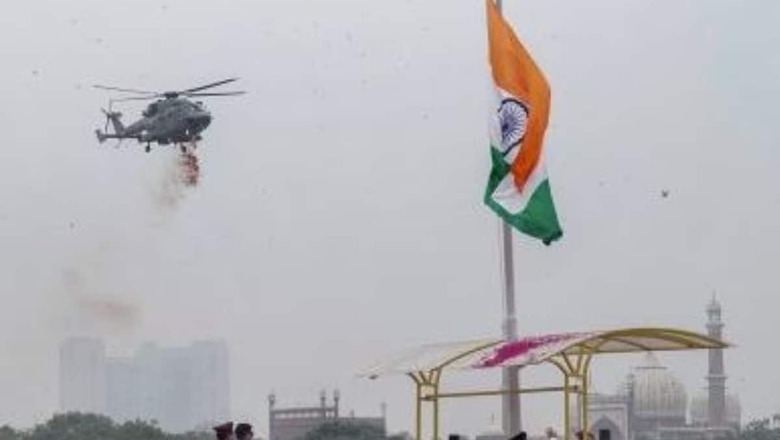
views
On 15 August 1947, when India gained Independence, it was a weak nation with enormous diversity. Many in the Western world had forecasted its doom and had professed that it was bound to disintegrate. Consequently, founders of modern India in initial years focused on keeping India together and took steps that would strengthen Indian nationalism.
Accordingly, they went in for a parliamentary democracy which ensured that every member of Parliament, even from the remotest corner, has an equal say in governance. This system stood us in good stead during the formative years and strengthened Indian nationalism. Consequently, today India is a strong nation and no one talks of India’s disintegration. However, parliamentary democracy has its own pitfalls and after more than seven and half decades of Independence, there is a need for a different type of government, which can take India faster on the path of development.
India today needs stability and people with talent at the helm of government, who should be able to deal with international and national issues without being perturbed by narrow regional Issues that often influence Members of Parliament (MPs), because they have to look after a particular constituency where electorate are usually swayed by local issues, which are often affected by casteism, regional, linguistic and ethnic affiliations.
It is therefore an opportune time, when India needs to switch over to a presidential form of government, akin to the US, which allows it to harness full benefits of its demographic dividend and propel it to the top. It is not feasible to list all the advantages of this changeover in this article, but will highlight some of them for a strong nation and mature democracy.
In a presidential form of government, a leader is elected directly by the citizens for a fixed period and barring impeachment, cannot be removed from the office. This allows administrative stability, because the elected leader is not dependent on parliamentary majority to remain in power and does not need to pander to irrational demands of a small group of MPs. Direct elections also ensure that the electorate vote based on national agenda, rather than on the basis of caste, creed, religion or other narrow ethno-linguistic considerations. It also makes it difficult to influence a large number of voters by monetary incentives or by offering freebies.
Second, the system also promotes meritocracy, as members of the cabinet and higher officials can be selected purely on capability and qualifications, as they do not need to be elected. This alone could enhance the level of governance and development considerably and take India’s growth to double digit. More importantly, it also allows an elected leader to take decisions, which may be unpopular in the short term, but may be in the long term interest of the country.
Another advantage of the presidential system is the complete separation of legislature and the executive, which prevents day to day legislative interference in the functioning of the government, while ensuring that there are adequate checks and balances on the power of each other. This could also do away with the process of issuing party whips on each and every bill being debated in the parliament, allowing MPs to vote according to their conscience, as passage or failure of the bill will have no impact on the government. This will also raise the standards of parliamentary debates as issues will be debated more dispassionately cutting across party lines. The system in due course would also remove numerous small political parties without any specific ideological agenda.
The presidential form of government will also eliminate the requirement of going in for frequent elections as parliaments will always complete their tenures and so would the presidents and governors (in case of the incumbent’s resignation, death or impeachment, the position would be taken over by their deputy). There will, however, be by-elections to some seats of the parliament and state legislature, which would not impact the administrative business significantly.
Obviously, some other changes would need to be incorporated like the US, to make the system effective. One would be to increase the number of states to around 50 and then have uniform representation from all states in the upper house like the US, while keeping the representation in lower house proportionate. This would remove the present anomaly, where parliamentary seats from various states have been frozen to prevent punishing the states who have successfully implemented the family planning. Second, it may be necessary to appoint judges to the apex court for life, to avoid any likelihood of their being swayed by considerations of post-retirement benefits.
To conclude, a time has now come for India to go in for a referendum to bring in suitable changes to make a switch over to the presidential form of government for faster development.
Alok Bansal is director, India Foundation. Views expressed in the above piece are personal and solely that of the author. They do not necessarily reflect News18’s views.















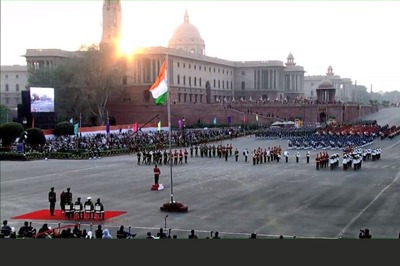
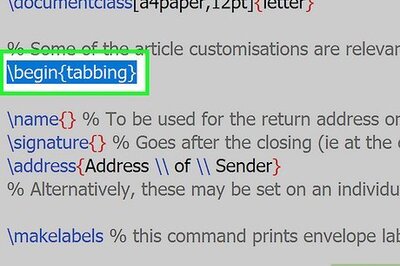
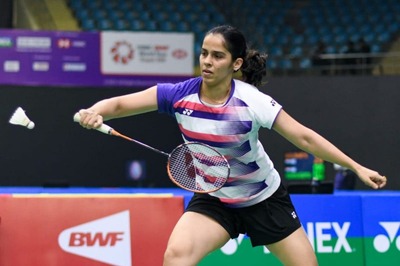

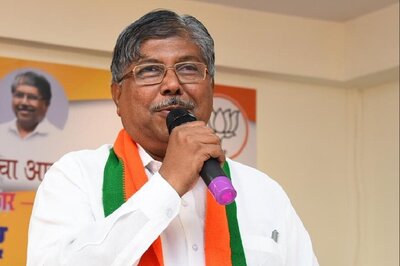
Comments
0 comment